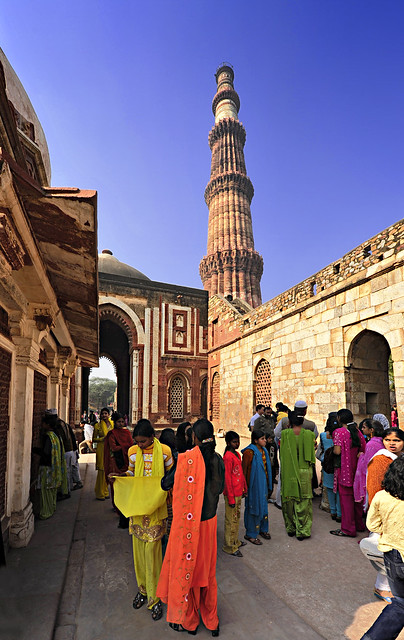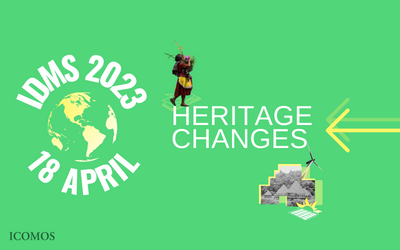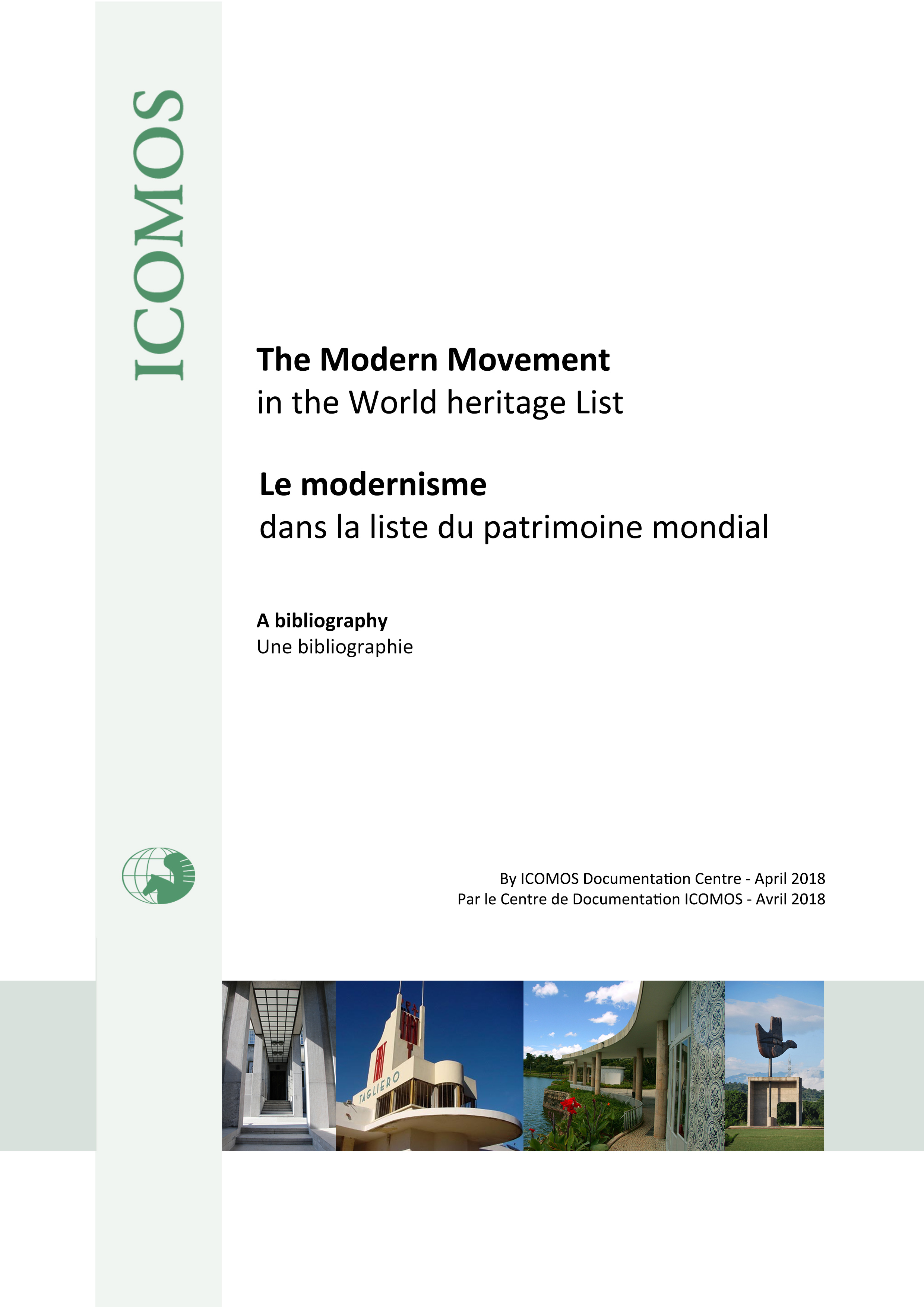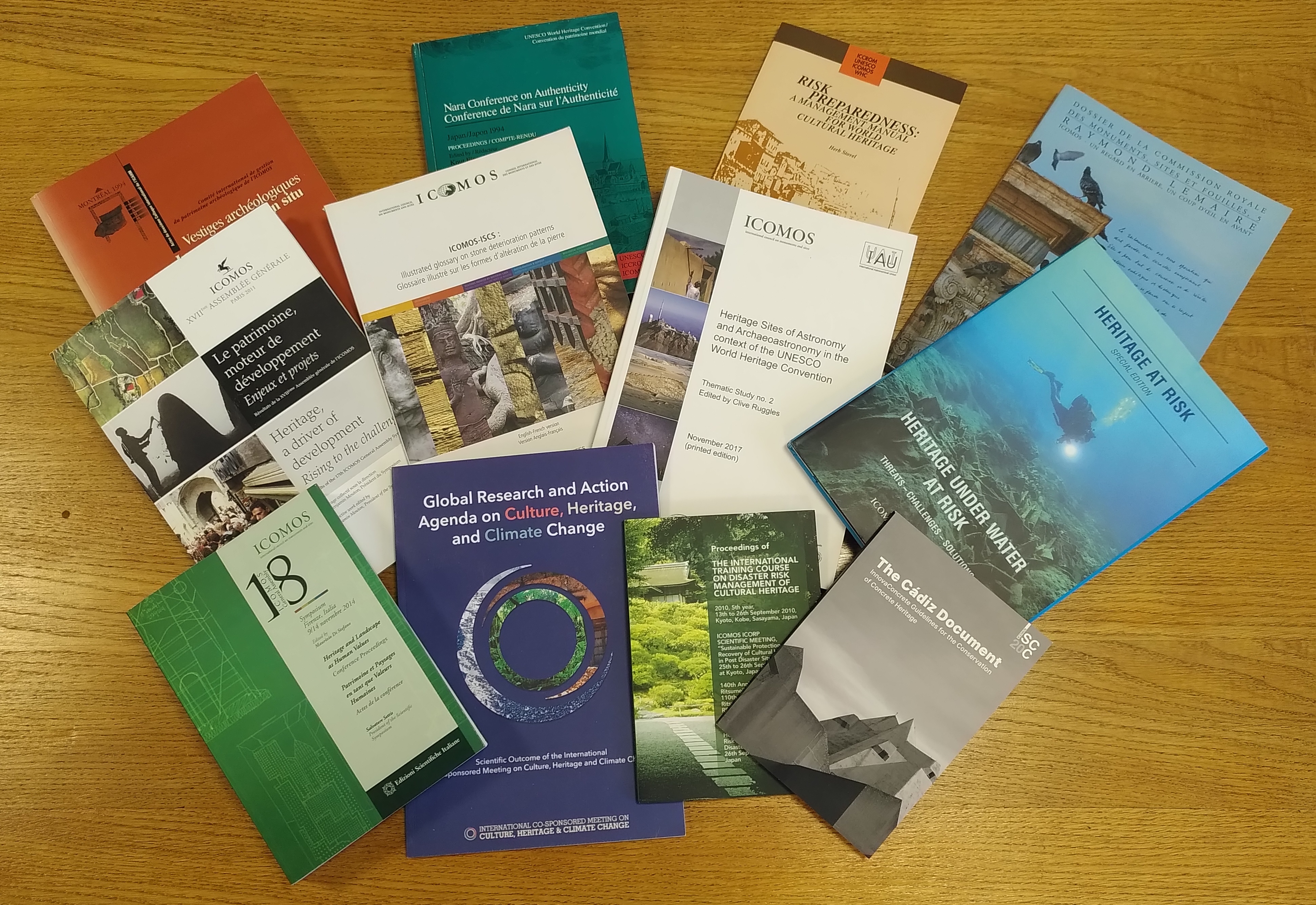 Heritage and Democracy was the designated theme for the Scientific Symposium organised in the largest Democracy of the world - India in the city of New Delhi from 11th to 15th December 2017 during the course of ICOMOS 19th General Assembly.
Heritage and Democracy was the designated theme for the Scientific Symposium organised in the largest Democracy of the world - India in the city of New Delhi from 11th to 15th December 2017 during the course of ICOMOS 19th General Assembly.
The fundamental idea of this Symposium was inspired by a recent global shift in heritage discourse towards a sincere people-centric engagement. The Scientific Symposium proceedings explore the possibilities for cultural heritage in a domain of multiple stakeholders, recognising the challenges of cultural diversity and resulting contestations amidst local and/or global communities.
The Modern Movement, also referred to as Modern Architecture or Modernism, is a movement involving conceptualizations of architecture after the First World War. Its main steps are based on functionalism and rationalism.
This bibliography refers to documents and books available at the ICOMOS Documentation Center. It does not claim to be an exhaustive bibliography of the scientific literature on modernism in the World Heritage List. All these references can be consulted or scanned within the limits of the copyright law. See our conditions.
![]()
Download the bibliography (PDF, 5 MB)
We are pleased to announce that more than 3000 photos have been uploaded to our collaborative photobank, and we thank you for your contributions.

Do not hesitate to continue uploading your photos to our photobank: sharing your images means enriching the documentation of world heritage.
This collaborative photobank reflects ICOMOS' scope of work and expertise in the following fields: monuments and sites around the world, archaeology, conservation and restoration of cultural heritage.

Since more than 200 photos were uploaded to our Photobank in the framework of our Holiday Contest, the deliberations required time.
We have the great pleasure to share with you our prize list, the three most beautiful photographs illustrating a monument, a historic site, a World Heritage property or a heritage professional in the field. Their photographers are our holiday contest winners.
The ICOMOS Documentation Centre is open on appointment from Monday to Friday from 10 AM to 6 PM (local time).
Please contact us by phone at +33 (0)1 41 94 17 59 or via our contact form.
To prepare your visit, you can browse the catalogue of physical resources on the BCIN network search interface.
The 2023 ICOMOS catalogue lists the main publications and collections by ICOMOS International and partners that are available at the ICOMOS Documentation Centre. It especially includes:
|
|
Most works can be downloaded for free from the ICOMOS Open Archive and are cross-linked in the catalogue by URL links and QR codes.
The catalogue mentions which works are available as hard copies at the Documentation Centre, where they can be ordered either for a fee or for free (shipping costs not included), depending on the work concerned.
 For the 2023 edition of the International Day for Monuments and Sites, the Documentation Centre has selected five publications from the ICOMOS Open Archive in keeping with the theme Heritage Changes.
For the 2023 edition of the International Day for Monuments and Sites, the Documentation Centre has selected five publications from the ICOMOS Open Archive in keeping with the theme Heritage Changes.
Exploring and discussing the impact of climate change on cultural heritage sites and landscapes through a variety of approaches, they highlight the need to protect and promote the resilience of cultural heritage by providing practical guidance and recommendations for policy makers, heritage practitioners and local communities.




